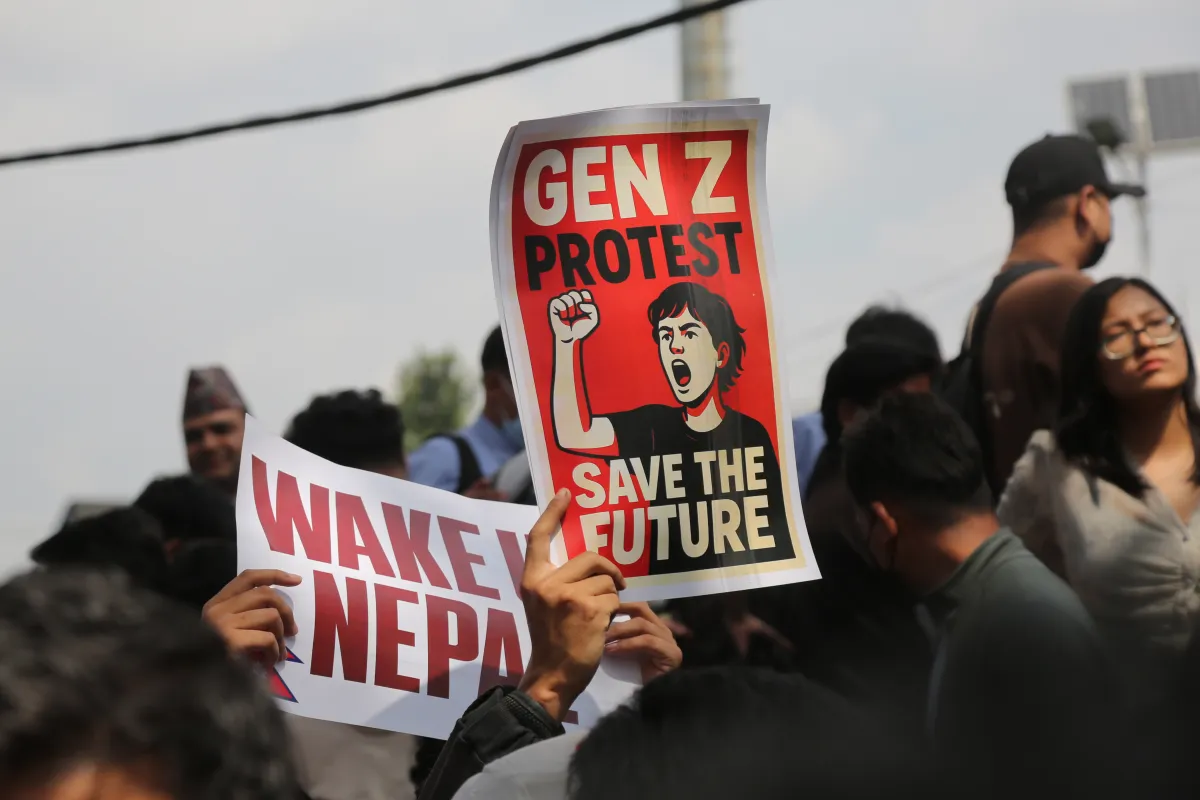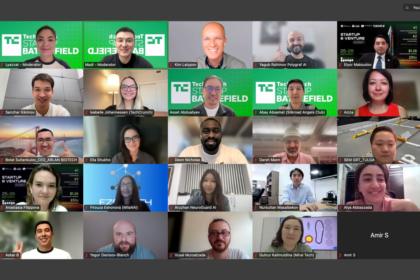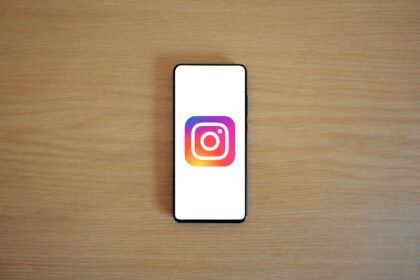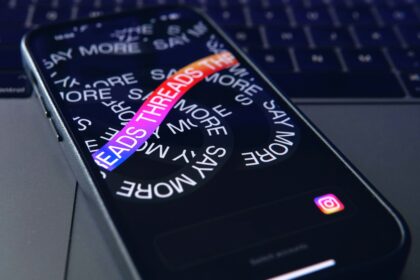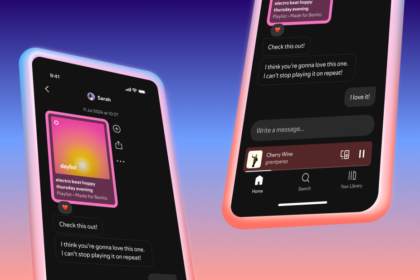Nepal has abruptly lifted a nationwide social media ban after massive youth-led protests left at least 19 people dead and more than 100 injured.
The ban, which cut off access to 26 platforms including Facebook, Instagram, YouTube, and X, was imposed last week after most companies failed to comply with an August 25 directive requiring foreign social media firms to register locally and appoint a representative in Nepal.
On Monday evening, Communications and Information Technology Minister Prithvi Subba Gurung confirmed that the government had revoked the restrictions in response to public outrage. The reversal came just hours after thousands of students, many in school uniforms, marched in the streets across the country.
The demonstrations escalated into violent clashes with security forces. Local media reported at least 19 deaths and more than 100 injuries.
In a statement, Prime Minister KP Sharma Oli blamed “infiltration by certain elements” for the violence but insisted the government was “never opposed to the demands of the new generation.” He later resigned amid mounting pressure.
The ban had drawn condemnation from international organizations, including the United Nations and Amnesty International, which urged Nepal to respect freedom of expression and peaceful assembly.
Not all platforms were affected. TikTok and Viber remained online after complying with registration rules.
Related: Sam Altman Questions Whether Social Media Still Feels Human
The restrictions were part of Nepal’s broader push to regulate digital platforms. Earlier this year, lawmakers introduced a controversial social media bill that critics, including the International Federation of Journalists, warned would undermine press freedom by criminalizing posts deemed against “national sovereignty or interest.”
